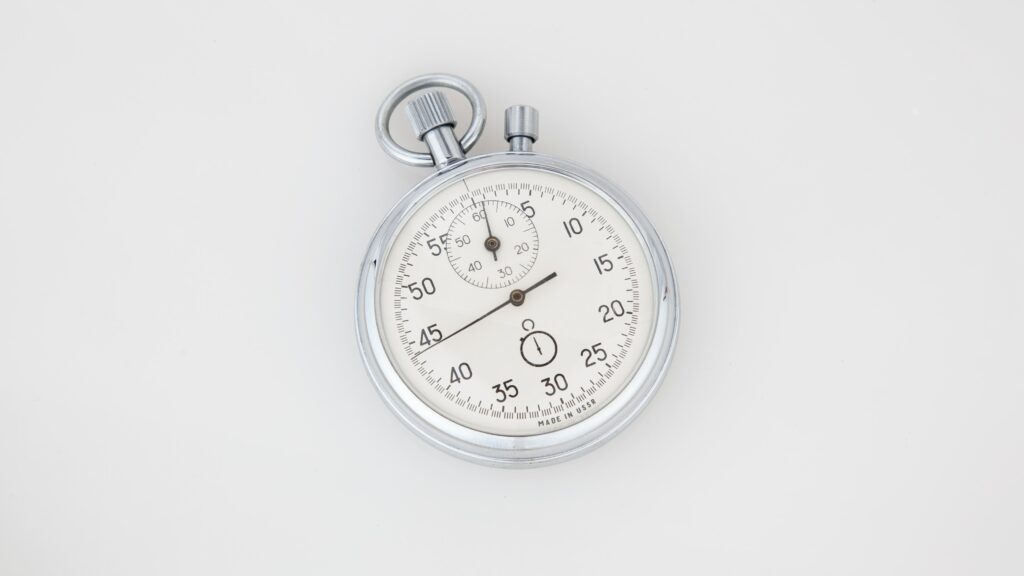
How we spend our minutes is how we spend our days. This is a spin off of an Annie Dillard quote about days and years.
How we spend our minutes can turn into habits. Sometimes these can become rituals – things we do with purpose. Other times they can turn in to faff, time wasters, or ‘it’s just the way things are done around here’. And still others, over time, move from purposeful rituals into rigid habits devoid of purpose.
Understanding what we do with our time can be powerful. Peter Drucker, the famous management guru, encourages his readers to track what they do with their time – every 30 minutes of it. Just knowing how we spend our time, often leads to a change of how we spend it.
The challenge, especially for leaders, strategists, change makers, is not to equate time, and the use of it, with only one type of productivity. We often associate productivity with producing something tangible – something like a factory would produce. But where does that leave thinking, playing, art, trust, relationships, innovation, and so on.
Orchestras are not productive in the sense of figuring out how to play the music faster. They do not measure their productivity by how many pieces of music they can play in an hour. Music is different than a factory. Thankfully. Unfortunately, the temptation of productivity thinking is to fill all the minutes of our days.
Knowing how we spend our time can help us create the habits and rituals we seek and seek to keep. But perhaps we need to build in more spaces, more ‘unproductive’ time so we can create the change we seek.

0 Comments